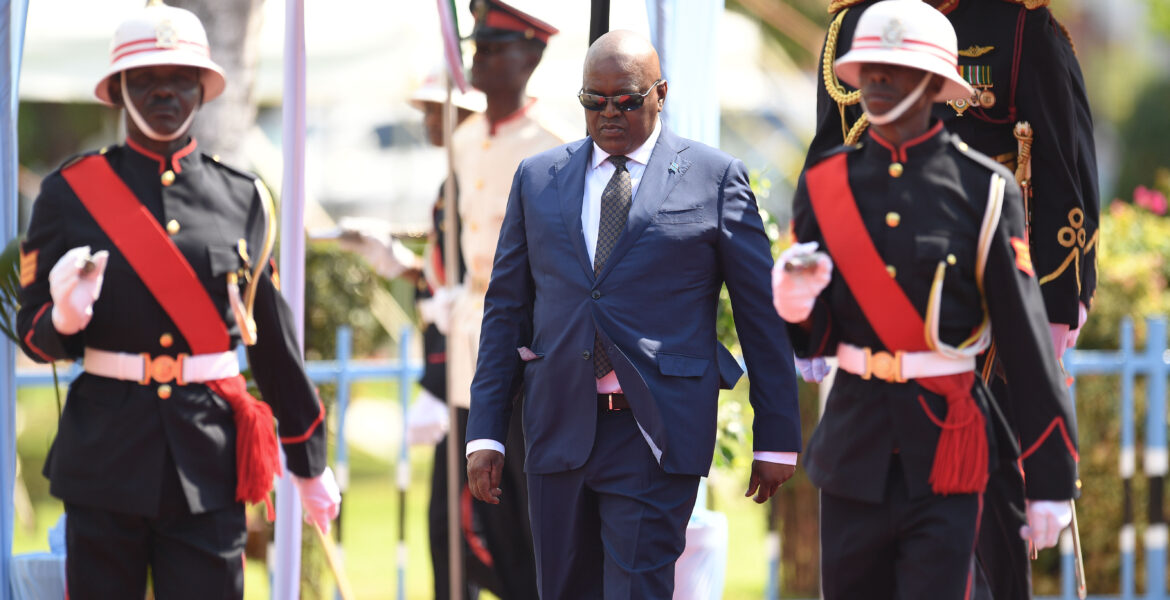- Says Parliament is hamstrung to remove a sitting president
- Concerned about presidency’s receipt of gifts and pursuing private business ventures
- Says existing provision discourages Parliament from censuring president
GAZETTE REPORTER
The Law Society of Botswana (LSB) has expressed apprehensions about restrictions imposed on the capacity of Parliament to oust a sitting president in Botswana.
LSB is particularly perturbed that a particular provision hampers Parliament from adequately reprimanding the president for actions that it finds objectionable.
It notes that currently, if a vote of no confidence in the president succeeds, it triggers dissolution of Parliament and necessitates a fresh election.
Clear code of conduct
In a recently released position paper, LSB argues that this provision discourages Parliament from effectively censuring the president for actions it disapproves.
For that reason, it recommends that “Parliament should have the ability to remove the president through a vote of no confidence without the risk of dissolution”.
LSB emphasises the lack of a clear code of conduct for the president regarding receipt of gifts and conducting private business while holding office.
Direct election of president
It advocates for “the introduction of clear guidelines in this regard to ensure the highest standards of ethical conduct for the presidency”.
In the paper, one of the most significant calls for reform relates to the election of the president in Botswana. Currently, the president is not directly elected by the electorate but is appointed by Parliament.
The Law Society of Botswana believes that given the significant powers vested in the presidency, direct election by the people is essential.
Ministers from outside Parliament
It criticises the Constitutional Review Commission’s rejection of a proposal for direct election of the president, arguing that checks and balances are better maintained when legislative and executive powers are held by different entities.
LSB contends that the system would work better if the president was directly elected, allowing for a more democratic and responsive government.
It asserts that Botswana’s democracy would be better served by permitting the president to appoint ministers from outside Parliament.
Service delivery
Currently, the executive and legislative branches share numerous members, which LSB argues hinders accountability and ultimately affects service delivery to the citizenry.
The Law Society of Botswana recommends prohibition of the president receiving gifts in a personal capacity while in office, saying the practice can lead to corruption.
“The Office of the President demands the full attention of the incumbent, and any engagement in private business while in office should be prohibited,” it asserts.

